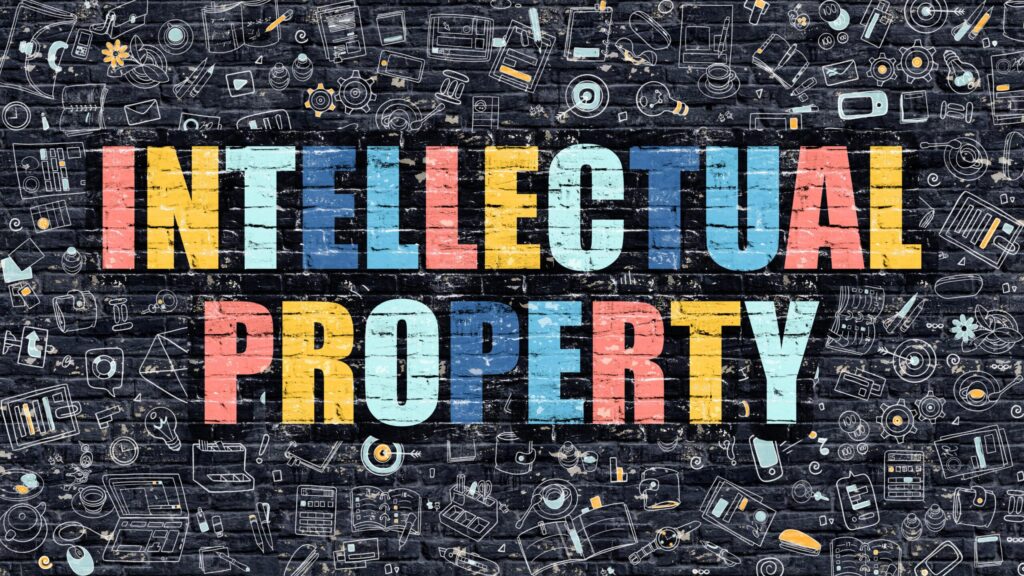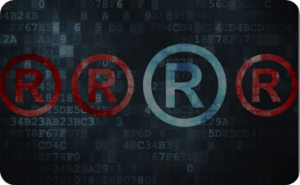In the bustling entrepreneurial landscape of Los Angeles, startups are continually innovating and branding unique products and services. A critical step in this process is filing a trademark with the United States Patent and Trademark Office (USPTO). However, the success of this filing largely hinges on correctly identifying the goods and services associated with the trademark. This blog aims to guide Los Angeles entrepreneurs through the nuances of trademark classification for startups, ensuring their branding efforts are legally sound and protected.
Trademark Classification for Startups
In trademark law, ‘goods’ refer to the products you offer, like bicycles or candles, while ‘services’ are activities you perform for others, such as bicycle repair or catering. It’s crucial to accurately list these in your trademark application. For startups, this means a clear understanding of what you sell or the service you provide is essential from the outset.
The Importance of Accurate Identification
When your application is based on “use in commerce,” you must already be using the trademark in commerce for all listed goods and services. Alternatively, if it’s based on a “bona fide intent to use,” you must demonstrate a genuine intention to use the trademark in all listed categories. Vague terms or misidentification can lead to application rejection, as the USPTO compares your descriptions with existing trademarks to assess conflicts.
Overview of Each International Class
This list shows what each class generally covers. You can search the ID Manual to determine which class or classes cover your goods and services.
Goods
Class 1 – Chemicals
Class 2 – Paints
Class 3 – Cosmetics and cleaning preparations
Class 4 – Lubricants and fuels
Class 5 – Pharmaceuticals
Class 6 – Metal goods
Class 7 – Machinery
Class 8 – Hand tools
Class 9 – Electrical and scientific apparatus
Class 10 – Medical apparatus
Class 11 – Environmental control apparatus
Class 12 – Vehicles
Class 13 – Firearms
Class 14 – Jewelry
Class 15 – Musical instruments
Class 16 – Paper goods and printed matter
Class 17 – Rubber goods
Class 18 – Leather goods
Class 19 – Non-metallic building materials
Class 20 – Furniture and articles not otherwise classified
Class 21 – Housewares and glass
Class 22 – Cordage and fibers
Class 23 – Yarns and threads
Class 24 – Fabrics
Class 25 – Clothing
Class 26 – Fancy good
Class 27 – Floor coverings
Class 28 – Toys and sporting goods
Class 29 – Meats and processed foods
Class 30 – Staple foods
Class 31 – Natural agricultural products
Class 32 – Light beverages
Class 33 – Wines and spirits
Class 34 – Smokers’ articles
Services
Class 35 – Advertising and business
Class 36 – Insurance and financial
Class 37 – Building construction and repair
Class 38 – Telecommunications
Class 39 – Transportation and storage
Class 40 – Treatment of materials
Class 41 – Education and entertainment
Class 42 – Computer and scientific
Class 43 – Hotels and restaurants
Class 44 – Medical, beauty and agricultural
Class 45 – Personal and legal
To learn more about proper trademark classification for startups of your trademark before filing a new trademark application in the United States Patent and Trademark Office, contact an experienced trademark law firm like L.A. Tech and Media Law for a confidential consultation. Improperly classifying a trademark application can result is loss of trademark application because the classification cannot be changed after it is filed.
 Simplifying the Process: Examples and Classes
Simplifying the Process: Examples and Classes
For instance, if you’re branding black short-sleeved t-shirts, you don’t need to be overly specific in your description. Listing them as “t-shirts” or “clothing” is sufficient. The USPTO has an ID Manual that offers pre-approved descriptions, simplifying the classification process.
Trademarks are organized into 45 international classes – 34 for goods and 11 for services. Each class broadly categorizes specific types of goods or services. For example, a clothing line would typically fall under Class 25, while custom t-shirt printing services would be in a different class, such as Class 40 for material treatment.
TEAS Plus and TEAS Standard Forms
The Trademark Electronic Application System (TEAS) Plus requires upfront payment of all filing fees and automatically selects the correct trademark classification for startups selling goods or services. The fee is based on the number of classes in your application. If your goods or services don’t fit a pre-approved ID Manual entry, the TEAS Standard form is the alternative, offering more flexibility in description but requiring a more hands-on approach to classification.
Case Study: A Clothing Line with Custom Printing Services
Consider a startup with a clothing line and custom printing services. While the clothing falls under one class, the printing services fall under another, resulting in a higher filing fee due to the involvement of multiple classes.
The Role of a Trademark Attorney
For Los Angeles startups, navigating the complexities of trademark classification for startups can be daunting. Consulting with an experienced trademark law firm like L.A. Tech and Media Law is crucial. They can provide guidance on proper classification, ensuring that your application accurately reflects your goods and services. Incorrect classification can lead to the loss of your application, as changes are not permitted post-filing.
Setting the Foundation for Success
Proper trademark classification is more than a bureaucratic step; it’s the foundation of your brand’s legal protection. By understanding and accurately identifying your goods and services, you safeguard your startup’s unique identity and ensure its longevity in the competitive Los Angeles market. Remember, in the world of trademarks, precision is key to unlocking the door to successful branding and market presence.


 Simplifying the Process: Examples and Classes
Simplifying the Process: Examples and Classes